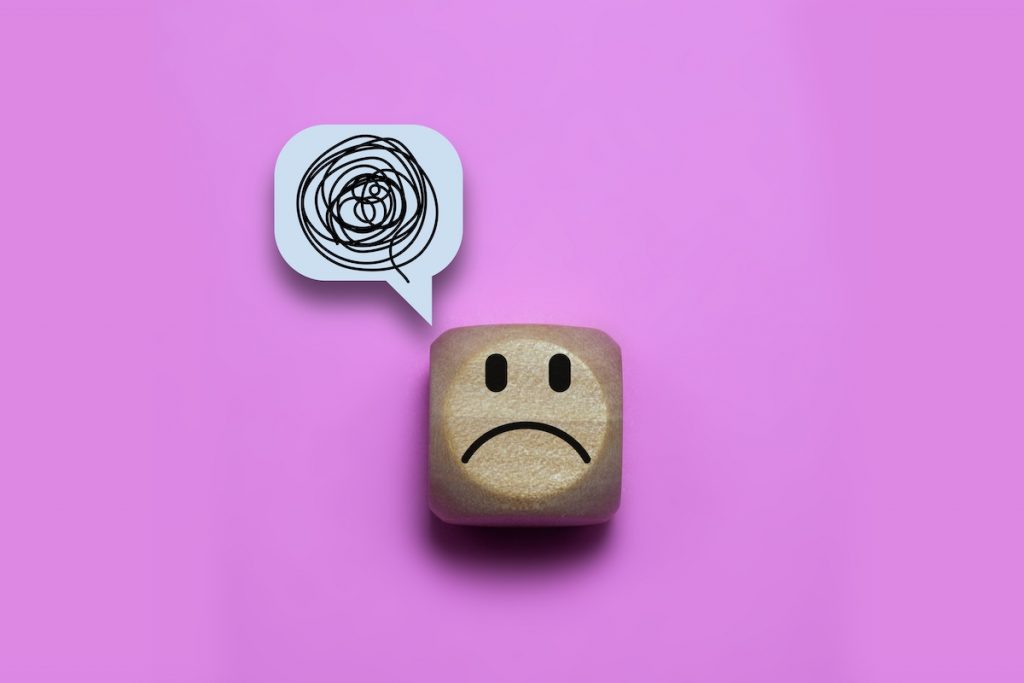
Violence against women and girls is a prevalent and unacceptable crime globally. It affects all communities in the UK and has severe physical and mental health consequences for survivors (Home Office, 2022). The UK government has taken steps to address this issue by working with various organizations, including the NHS, local authorities, and Police and Crime Commissioners (Home Office, 2022). These collaborations with the community enable the detection, reporting, and management of incidents of violence and abuse (Home Office, 2022).
Researchers and academics often delve into firsthand materials related to abuse and sexual violence to enhance their understanding of these experiences. However, exposure to such traumatic content can lead to vicarious trauma, impacting the mental well-being of researchers (Williamson et al., 2020). It is essential for violence researchers to develop effective coping mechanisms to protect themselves from potential psychological harm (Williamson et al., 2020).

Violence researchers may experience emotional stress and require adequate support to cope with the challenges of their work.
Methods
A qualitative study by Kaul and colleagues (2023) explored the experiences of vicarious trauma among violence researchers and their coping mechanisms. The study focused on UK-based researchers in the field of violence and abuse who were members of the UKRI Violence, Abuse and Mental Health Network (VAMHN). Participants were recruited through online channels, and individual interviews were conducted and analyzed using thematic analysis.
Results
Seven White female researchers participated in the study, highlighting the impact of expertise on emotional responses to work-related stress. Themes such as expertise and resilience, workplace stress, experiences of secondary trauma, impact of COVID-19, personal characteristics, coping mechanisms, and organizational support emerged from the data.

Balancing the emotional toll of violence research is crucial for the well-being of researchers.














